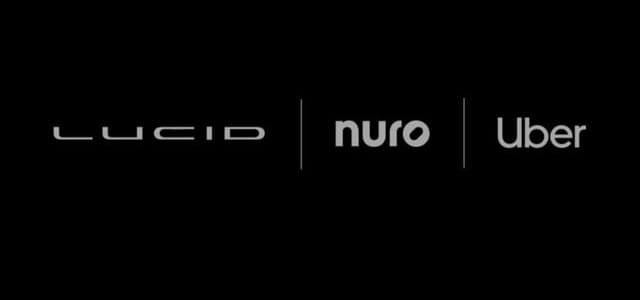 Image Source: Lucid
Image Source: Lucid
Uber has made a revolutionary agreement with electric car maker Lucid and self-driving car company Nuro, sending shock waves in the car and technology industries. Uber will invest $300 million in Lucid to introduce a custom-built robotaxi fleet, its largest foray yet into autonomous ride-hailing.
Key Highlights
Major Investment & Partners
-
Uber to invest $300 million in Lucid, its largest bet on an EV maker.
-
And yet another multi-hundred-million-dollar investment into Nuro, which will introduce the advanced Level 4 autonomous driving technology.
Fleet Rollout & Technology
-
More than 20,000 Lucid Gravity SUVs with Nuro's AI system will join the Uber platform in the next six years beginning in a large US city in 2026.
-
Fleet cars to be owned and utilized by Uber or third-party fleet owners, and not by drivers.
-
Lucid's Gravity model was chosen because it offers a wider range and more advanced technology, with a luxury level of service similar to Uber Black.
Autonomous Ambitions
-
The collaboration will bring a functional prototype robotaxi, already operating autonomously on Nuro's test course in Las Vegas.
-
The deal underscores Uber's new autonomous vehicle focus after its earlier divestment of its own AV unit in 2020, now shifting to high-quality partnerships.
-
Nuro will utilize full Level 4 autonomy, allowing vehicles to drive on their own in specific urban environments.
Market Impact & Context
-
Lucid stock climbed as much as 56% on the news, demonstrating excitement in the EV and robotaxi space.
-
Uber enters the fray with Waymo and Tesla in the high-stakes robotaxi competition to be a hub for high-grade, autonomous mobility.
-
Both Uber and Lucid are heavily funded by Saudi Arabia's Public Investment Fund, thus strengthening the financial and strategic backing behind this transaction.
Industry Challenges
-
While the hype is present, analysts cite daunting regulation barriers, the necessity for enormous scaling, and competition from incumbent players such as Waymo and Tesla.
-
Uber's shares were stable but are in question regarding the execution risk and whether Lucid will succeed in production targets.
Source: Economic Times, The Verge, Yahoo Finance, Business Insider, The Wall Street Journal, Uber Investor Relations, MarketWatch, and more.
Advertisement
Advertisement







